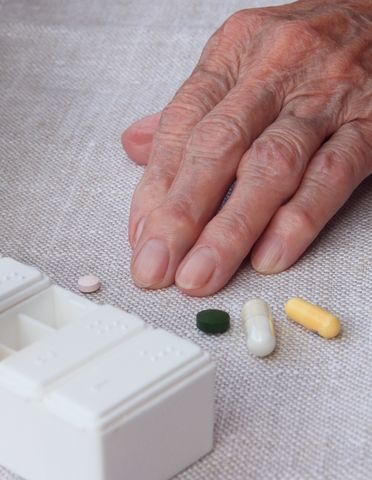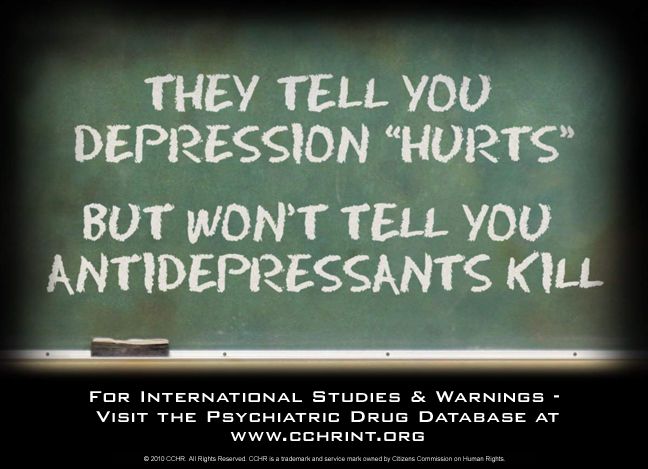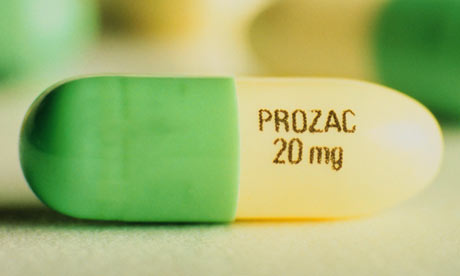
Doctors’ Conflicting Interests Can Cost Money and Lives, and Hinder Medical Discoveries
The fact that doctors take money from pharmaceutical companies happens to be old news. But this time around, the docs in question come from Stanford University. Previous news stories reported that doctors receiving pharmaceutical funding hailed from Harvard, the University of Miami, the Medical College of Georgia and the University of Cincinnati College of Medicine.
More than a few of these doctors are psychiatrists who have received tax-supported, public National Institutes of Health and National Institute of Mental Health funding for clinical research, have participated in U.S. Food and Drug Administration advisory panels or have appeared on, or on behalf of, various not-for-profit psychiatric advocacy boards — some of which are heavily supported by the manufacturers of psychiatric medications.




